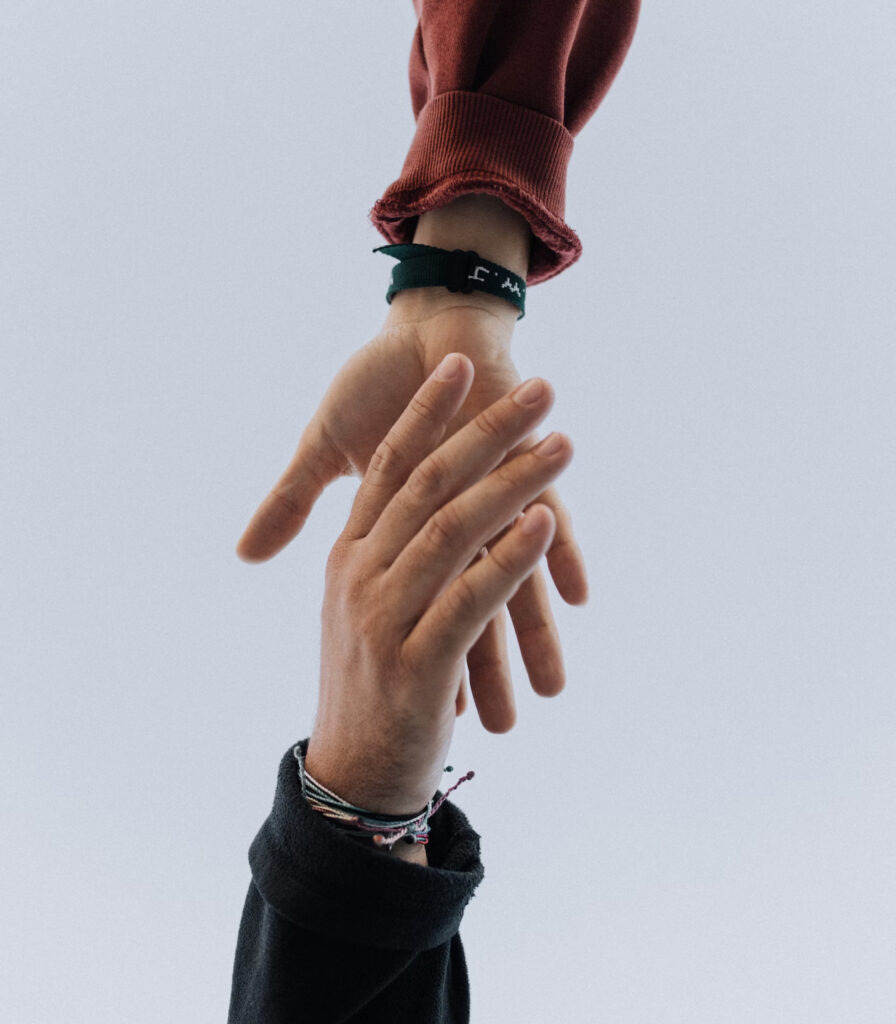Would you like to make an appointment with one of our lawyers? For advice or orientation? We are happy to receive you at our offices in The Hague or Rotterdam or we will come to you.
Mutual legal assistance (in criminal matters)
There has been a marked increase in cross-border cooperation by the police and judicial authorities in gathering evidence, but also in tracing, freezing and confiscating the (alleged) proceeds of crime. This kind of assistance by police and judicial authorities in one country to their colleague’s in another, is called ‘mutual assistance in criminal matters’.
Both private individuals and companies may experience firsthand the consequences of said intensive international cooperation. The Netherlands can both receive and supply evidence cross-border.
For instance, the Dutch police can, upon foreign request, interview suspects and witnesses involved in a foreign criminal case. And a foreign government may request that the Netherlands searches residences or companies in order to seize records, or orders banks to surrender money movement data. Even the wire-tapping of phone and e-mail traffic in the Netherlands can sometimes be possible upon foreign request.
These are examples of what we call ‘outgoing mutual assistance’. The Netherlands sends evidence abroad. Depending on the circumstances, you can appeal against outgoing mutual assistance.
A reversed scenario is also possible: ‘incoming mutual assistance’. A Dutch criminal case may require investigatory actions abroad, such as searches of premises, seizing potential evidence and interviewing witnesses or suspects. The material sent to the Netherlands by the foreign judicial authorities can subsequently be used by the Public Prosecutor’s Office in evidence against a suspect. It is possible to object against such use, in court.
Our specialists have in-depth practical and scientific knowledge of this complex legal area. They know how to challenge the various forms of inter-state cooperation (mutual assistance), whenever possible and necessary. See also our page on extradition and surrender.
-
1
Occasionally, outgoing mutual assistance is rendered in secret. Only after the assistance has been given, will it become known that a request for mutual assistance has been executed.
-
2
Only certain drastic forms of outgoing mutual assistance by the Netherlands (such as searches and seizures) require a treaty between the Netherlands the requesting state.
-
3
It is important that a lawyer is present during the execution of an outgoing or incoming request for mutual assistance. Violation of rules of law can then be challenged immediately. This is important, because once assistance has been rendered, it is very difficult to contest, in the requesting state, the procedure that was followed abroad.
-
4
If there are international aspects to a national criminal case, it can be important to hire foreign lawyers as soon as possible; we have a large international network of specialised colleagues.
Related expertises


